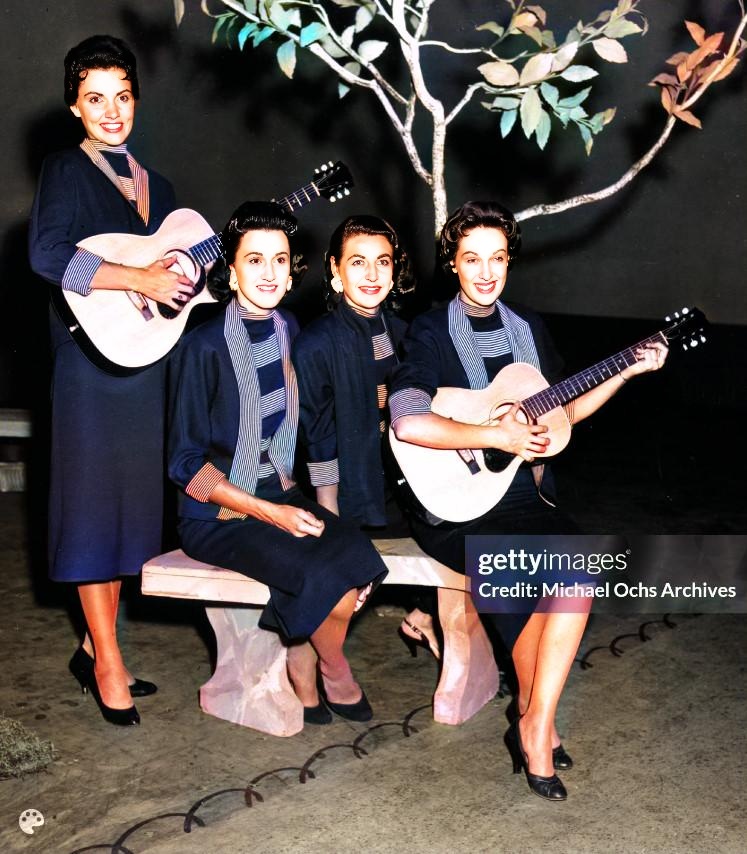
“Lollipop,” released in 1958 by The Chordettes, is a quintessential example of the bright, optimistic pop music that defined the era. The Chordettes, a female quartet known for their close harmonies and polished sound, were already established hitmakers, having previously topped the charts with “Mr. Sandman.” “Lollipop,” however, propelled them further into the pop culture stratosphere.
Written by Julius Dixson and Beverly Ross, The song is, on the surface, a simple expression of affection, comparing the sweetness of a loved one to the sugary treat. The lyrics are playfully innocent, using childlike imagery (“Lollipop, lollipop, oh, lolli, lolli, lolli”) to convey a sense of pure, joyful infatuation. Its catchy melody, driven by a distinctive finger-snapping rhythm and the Chordettes’ signature tight harmonies, made it instantly memorable. The song’s use of the basso profondo vocals of the group also contributed to its success.
The song was a massive commercial success. It reached number 2 and 3 on the Billboard pop and R&B charts, respectively, solidifying the Chordettes’ place in music history. Furthermore, it became a famous song internationally.
Audience reception was overwhelmingly positive. “Lollipop” resonated with listeners of all ages, its lightheartedness providing a welcome contrast to the anxieties of the Cold War era. It became a staple at sock hops and school dances, embodying the carefree spirit of teenage romance. Even today, the song evokes a sense of nostalgia, frequently appearing in films and television shows to capture the feel of the 1950s. “Lollipop,” with its infectious energy and sweet sentiment, remains a timeless classic, a testament to the enduring power of simple, catchy pop music.